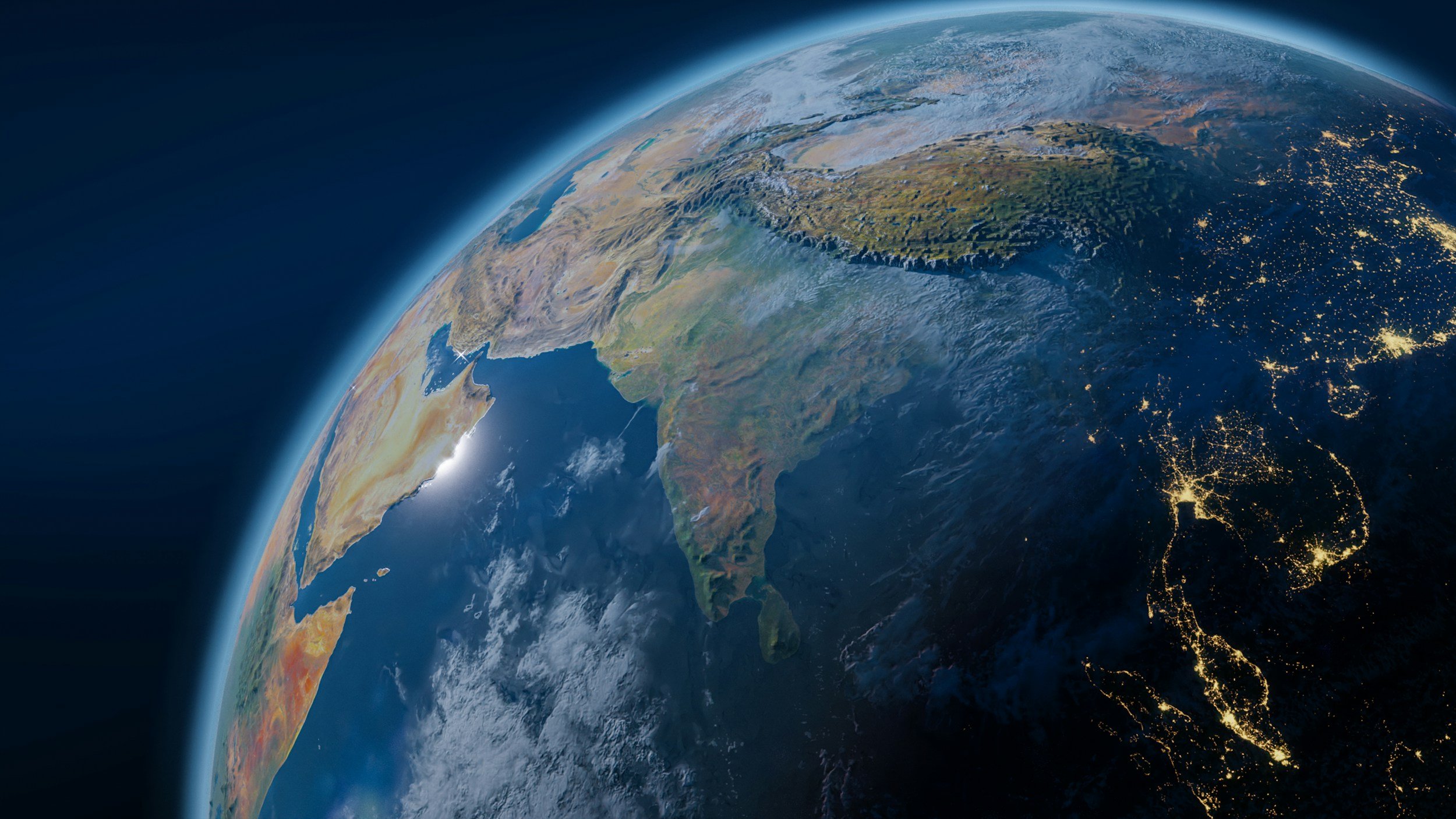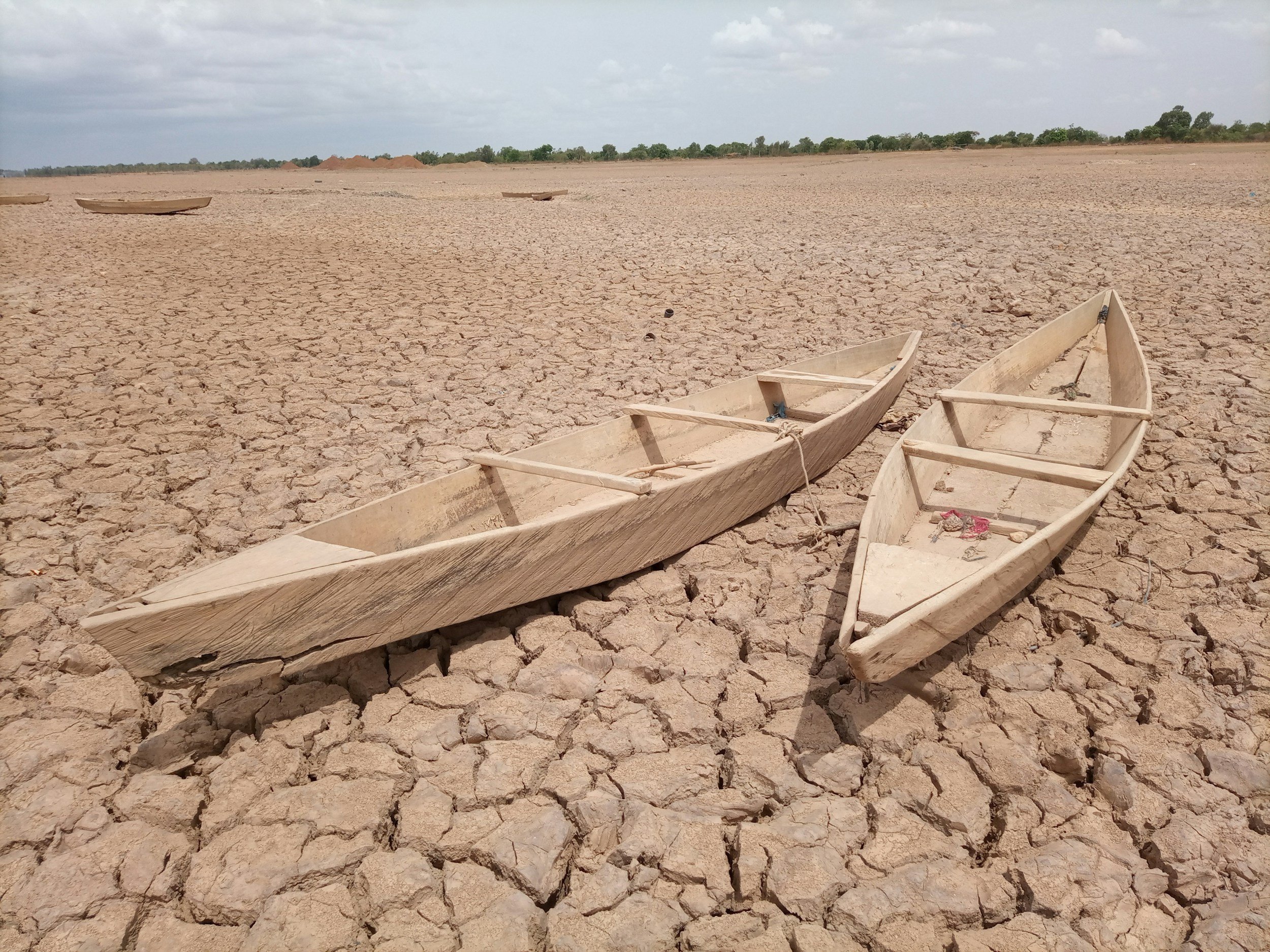Welcome!

March 21-22, 2025
Tempe | Paris | Toronto | Guayaquil | Mayagüez | Online |
Tempe | Paris | Toronto | Guayaquil | Mayagüez | Online |
SpaceHACK for Sustainability is an annual two-day hackathon led by the ASU Library Unit for Data Science and Analytics & ASU Interplanetary Initiative.
We bring students, faculty, and experts together to tackle global sustainability challenges with satellite data.
With workshops, mentorship, and prizes, SpaceHACK is more than a competition—it’s a chance to connect, innovate, and make an impact.
Are you ready to hack for a better planet?
2025 Tracks
-

Addressing Food Insecurity in Urban Areas through Urban Agriculture
Arizona, while a major producer of fruits and vegetables, faces significant food security challenges as urban growth encroaches on traditional agricultural lands, especially in metro Phoenix. How can we identify and develop urban agriculture spaces to reduce our dependency on imports and strengthen local food resilience?
-

Culture at the Heart of Sustainable Cities
Culture is hard to measure. This track uses open data and satellite data to map cultural assets across cities. By revealing cultural hubs and underserved areas, it guides policies that make urban development more inclusive and sustainable.
-

Environmental Migration in Sahelian Africa
The Sahel, a region where resilient communities have thrived for generations amidst harsh landscapes, is now confronting the escalating challenges of climate change and desertification. How can satellite data help us understand these rapid shifts and design innovative solutions to support communities before they are forced to leave?














